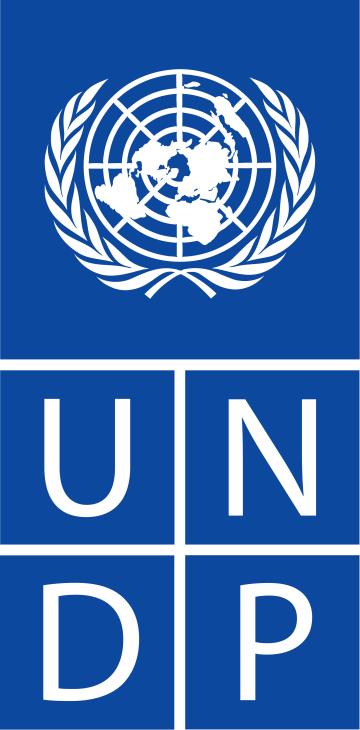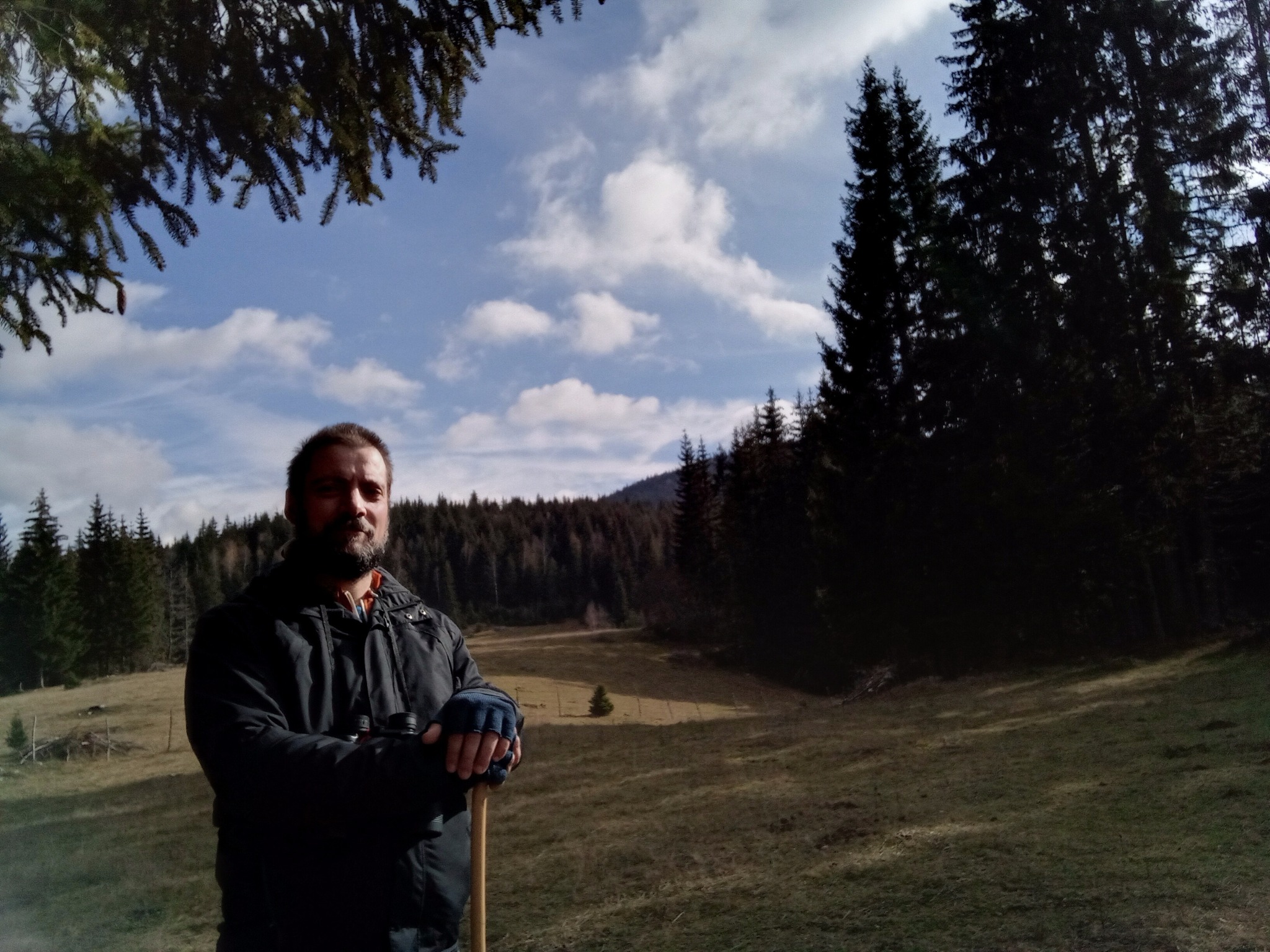
Ecuador, un modelo ejemplar de éxito en REDD+
PROAMAZONÍA, un ambicioso programa implementado en Ecuador de 2017 a2023, redujo la deforestación y las emisiones de CO2. El programa vinculó los esfuerzos nacionales de reducción de emisiones, las agendas prioritarias y las políticas productivas en el marco de REDD+ "Bosques para Vivir Bien" 2016-2025. PROAmazonía logró 7 millones de toneladas de reducción de emisiones de CO2 equivalente por deforestación, contribuyendo a la NDC de Ecuador. El programa estaba compuesto por proyectos financiados por el GCF y el GEF, ejecutados por los Ministerios de Medio Ambiente, Agua y Agricultura y Ganadería y el PNUD.
Sentó unas bases sólidas para la financiación y la gobernanza de REDD+ en Ecuador, dejando un legado de incalculable valor.
Contexto
Défis à relever
Ubicación
Impactos
PROAmazonía generó impactos y resultados transformadores en la conservación de los bosques y la biodiversidad, así como en la producción sostenible en la Amazonía ecuatoriana. Como programa pionero, logró una reducción de 7 millones de toneladas de emisiones de CO2 por deforestación, contribuyendo significativamente al cumplimiento de la Contribución Nacionalmente Determinada (NDC) de Ecuador sobre cambio climático.
En el ámbito de las políticas e instituciones, el programa actualizó 51 instrumentos de planificación territorial incorporando criterios de cambio climático y producción sostenible. Además, influyó en la emisión de planes de vida indígena y del Plan Integral Amazónico, fortaleciendo el marco normativo y la gobernanza REDD+ en el país.
En cuanto a producción sostenible, PROAmazonía promovió la transición a sistemas libres de deforestación en 93.105 hectáreas de cultivos como café, cacao, palma y ganadería. Estableció vínculos comerciales nacionales e internacionales, modernizando los centros de acopio y beneficiando a más de 70.000 personas.
En el componente forestal, se lograron acciones decisivas: la conservación y gestión sostenible de 789.092 hectáreas de bosques amazónicos, y la restauración de 15.023 hectáreas adicionales. Se fortalecieron los puestos de control forestal y se promovieron bioempresas comunitarias con la Marca País BioEcuador.
PROAmazonía benefició directa e indirectamente a 83.536 personas, con especial atención a las cuestiones de género y a los pueblos indígenas.




